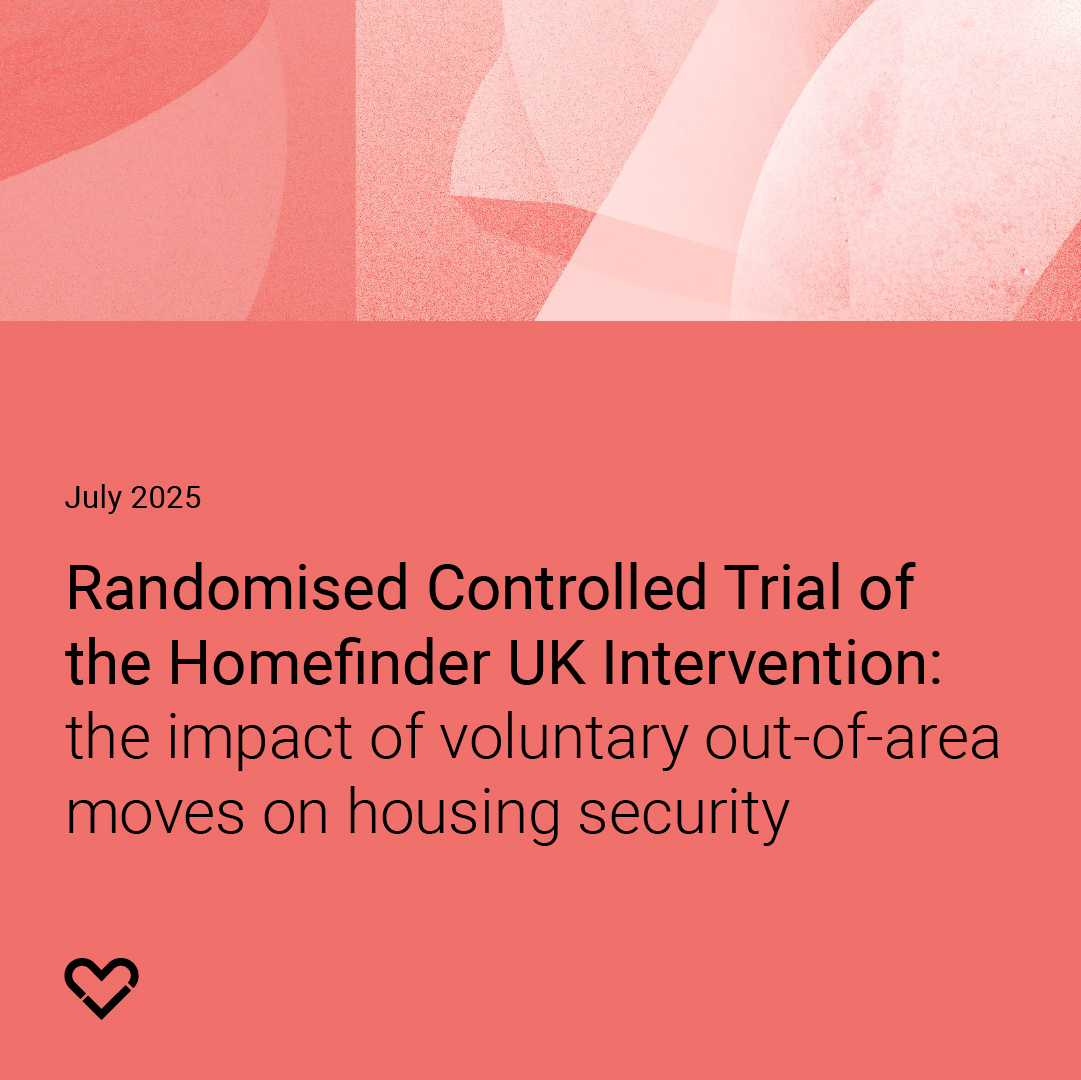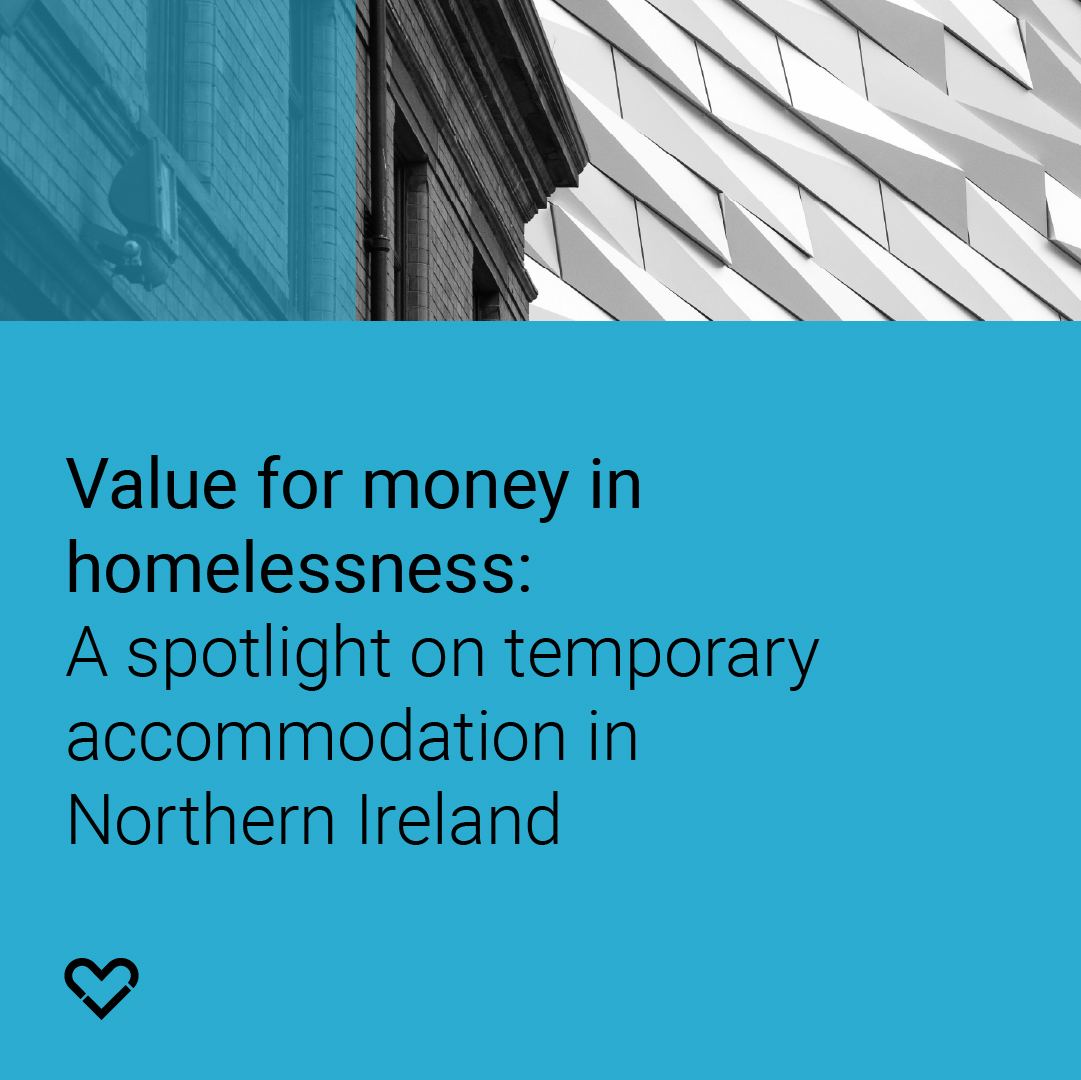NICE guideline: Integrated health and social care for people experiencing homelessness
Outline of this Resource
This NICE guideline provides evidence-based recommendations for improving health and social care services for people experiencing homelessness in England. It was developed through a comprehensive review of research evidence and expert input to address the stark health inequalities and much lower life expectancy for this population. The guidance covers all people experiencing homelessness aged 16 and over, including those sleeping rough, in temporary accommodation, using day centres, staying temporarily with family or friends and people at high risk of repeat homelessness.
The guideline addresses the fragmented nature of current services for people experiencing homelessness by recommending changes to integrated working across health, social care, housing, and other sectors. This includes general principles of care and specific service models, person-centred approaches and the role of people with lived experience of homelessness.
Findings in brief:
- Internationally, mortality rates for people experiencing homelessness are 8 times higher for men and 12 times higher for women than the general population
- The main causes of death amongst people experiencing homelessness relate to alcohol and drug use and suicides. Many premature deaths are from preventable and treatable conditions
- People experiencing homelessness use more acute hospital services and emergency care than the general population; hospital stays are usually much longer because of multiple unmet needs identified during admission
- People experiencing homelessness face barriers to accessing health and social care, including: stigma and discrimination from healthcare staff, previous negative experiences with services, eligibility criteria that exclude people with multiple needs, poor information-sharing between providers and fragmented services
- In terms of economic impact, the total annual public sector costs of a person experiencing homelessness is estimated at £38,736 (2019/20 prices), whereas preventing homelessness for 1 year would reduce public expenditure by approximately £10,000 per person
- The potential annual savings of preventing street homelessness for the 11,580 single households assessed as rough sleeping in England in 2020/21 are £115.8m
- Trauma-informed care is essential, given the high prevalence of psychological trauma amongst people experiencing homelessness
- Peer support from people with lived experience of homelessness is valued by service users. Co-designing services with people with lived experience improves service quality and engagement
- Longer contact times, long-term and consistent support are essential for building trusting relationships between staff and service users
- Multidisciplinary teams providing wraparound support positive housing and other outcomes.
Recommendations in brief:
|
- Provide more targeted approaches around healthcare for people experiencing homelessness, to achieve the same standards as for the general population
- Co-design and co-deliver services with people with lived experience of homelessness
- Utilise psychologically-informed and trauma-informed care, promote trusting and person-centred relationships between staff and service users, including through smaller caseloads and offer wraparound support Enable people who disengage from services to re-join at the same point in their support journey
- Conduct local needs assessments involving service providers and people with lived experience of homelessness
- Include representatives from health, social care, housing, criminal justice and domestic abuse services in commissioning for people experiencing homelessness
- Address GP registration problems for people experiencing homelessness
- Expand the use of multidisciplinary teams and include healthcare professionals, social workers, housing officers, voluntary sector service staff and people with lived experience
- Designate safeguarding leads and homelessness leads in mainstream services
- Remove barriers to service access by providing outreach, drop-in services, flexible appointments, self-referral, one-stop shops and revising restrictive eligibility criteria
- Prioritise people experiencing homelessness on housing and other service waiting lists who are at higher risk of deterioration in their physical and/or mental health
- Provide peer support for role modeling, service navigation, appointment attendance, and advocacy and support peer supporters via training, supervision, psychological support, and professional development opportunities
- Support people through housing and support transitions, with key practitioners coordinating care
- Prevent hospital discharge to the street and minimise self-discharges
- Recognise earlier onset of frailty amongst people experiencing homelessness and tailor long-term care accordingly
- Provide training to all relevant staff around the legal framework around homelessness, migrants and people with no recourse to public funds, trauma-informed care, legal duties, and reducing stigma
- Offer regular supervision and reflective practice for staff working with people experiencing homelessness.





.jpg)

